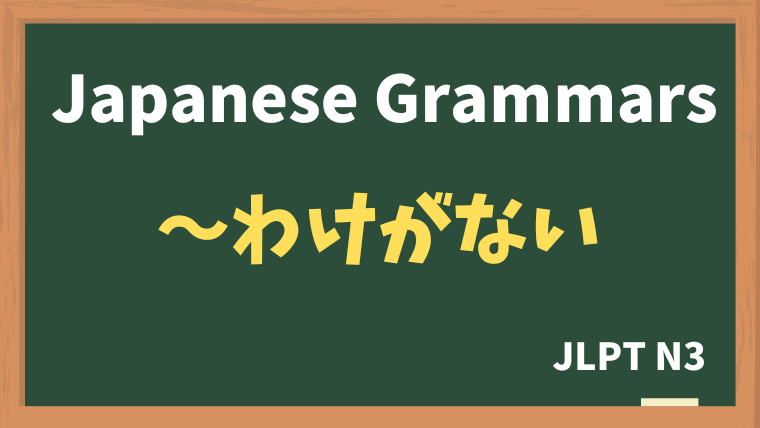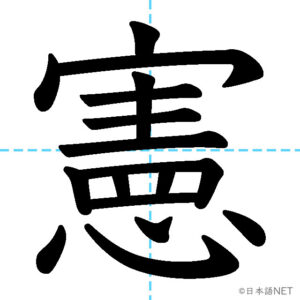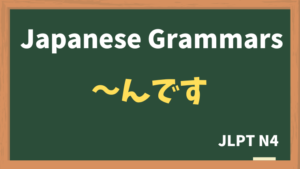
Contents
Explanation:〜わけがない
fa-check-circleMeaning
"〜は考えられない / ぜったいに〜じゃない:hardly possible / cannot be / there is no way"
Used to express strong disbelief or denial that something is possible. It conveys a sense of certainty that a particular event or situation is impossible.
fa-check-circleForm
V(plain form)+ わけがない
イA(plain form) + わけがない
ナAな/である + わけがない
Nの/である + わけがない
fa-check-circlePoints
- Expressing Impossibility or Incredulity: "〜わけがない" is used when the speaker is certain that something cannot be true, often based on logical reasoning or personal belief.
- Used in Negative Contexts: It is typically used to deny a claim, rumor, or assumption.
fa-check-circleJLPT Level
N3
Sample sentenes
こんな難しい問題が解けるわけがない。
There's no way I can solve such a difficult problem.
明日までに単語を100個も覚えられるわけがない。
There's no way I can memorize 100 vocabulary words by tomorrow.
こんなまずい料理食べられるわけがない。
There's no way I can eat such terrible food.
こんな高いカバンが売れるわけがない。
There's no way this expensive bag will sell.
ブランド品がこんなに安いわけがない。
There's no way this brand-name item is this cheap.
彼は目が青いし、日本人であるわけがない。
He has blue eyes, there's no way he's Japanese.
彼がそんなことを言うわけがない。
There's no way he would say something like that.
Vocabulary
| Japanese |
English | |
| 解く | とく | to solve |
| 全部 | ぜんぶ | all / everything |
| 覚える | おぼえる | to memorize |
| ブランド品 | ブランドひん | brand-name goods |
Similar Sentence Pattern
Comparison with "〜はずがない"
"〜わけがない": Often used in more casual or conversational contexts and can carry a more emotional or emphatic tone.
"〜はずがない": Slightly more formal and logical, focusing on a reasoned conclusion.







